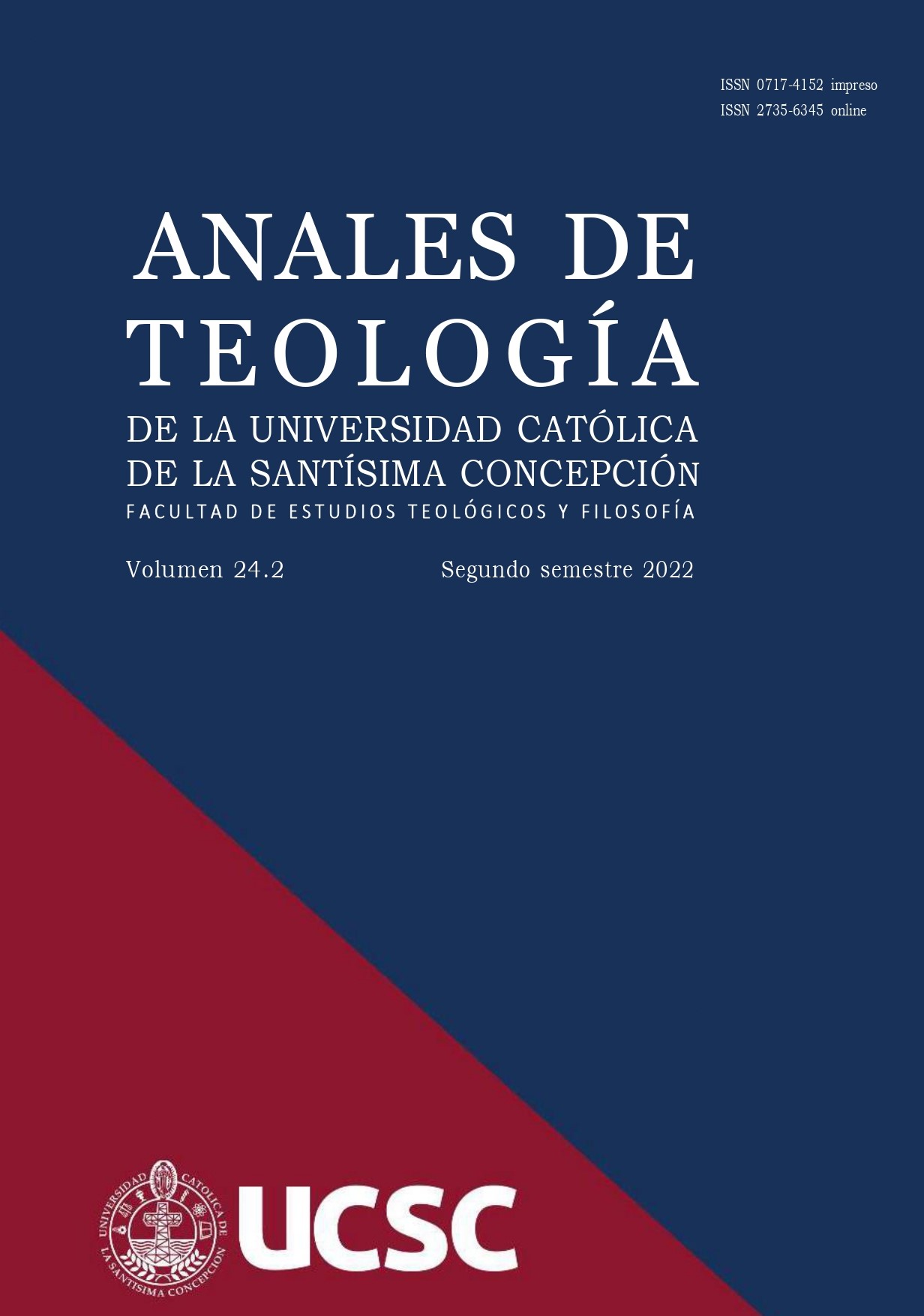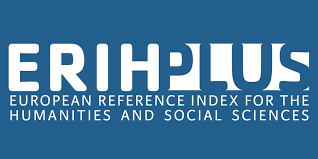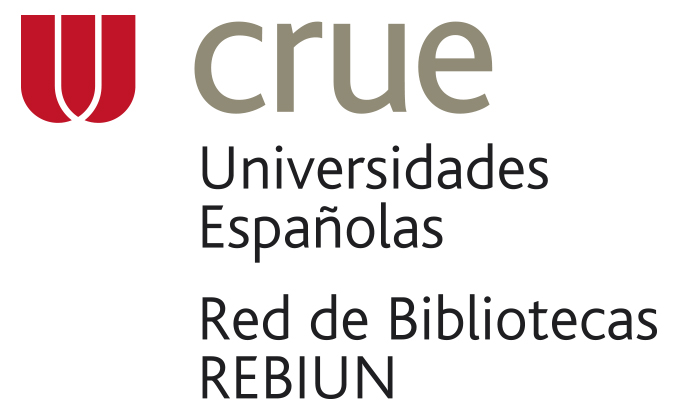Between Christ, Orpheus and Nietzsche : a reading of Süskind's Perfum
DOI:
https://doi.org/10.21703/2735-6345020220420266Keywords:
The Perfume, christianity, Nietzsche, Orpheus, religious syncretismAbstract
Süskind´s novel The Perfume, which narrates the crimes carried out by a perfumer, appears at first glance to be simply a detective novel set in the 18th century. A more attentive reading allows us to verify that it is a text crossed by deep religious concerns. Grenouille, the main character, constantly confronts the Christian God in order to affirm himself. Throughout the novel, in addition to Christianity, there is evidence of a dialogue with Orphism and Nietzsche´s thought about the sacred, in a marked syncretism. In this way, this text, like others like it, proposes new paths of reflection for theology and the studies of religion. The approach carried out is interdisciplinary, since it contemplates Theopoetics, the Philosophy of Religion and literary criticism.
Downloads
References
BATAILLE, G., L’expérience intérieure, Gallimard, Paris 1954.
BERNABÉ, A. - CASADESÚS, F. (comp.), Orfeo y la tradición órfica. Un reencuentro. Akal, Madrid 2008.
CAROU, M., “Literatura y experiencia de Dios: ampliando la mirada”, Criterio 2477 (2021),
EURÍPIDES, Las Bacantes, https://historicodigital.com/download/euripides%20-%20las%20bacantes.pdf
FERRATER MORA, J., Diccionario de Filosofía. tomo III, Ariel, Barcelona 1999.
FRAIJO, M., El cristianismo. Una aproximación, Trotta, Madrid 2000.
GOICOCHEA, G., “La interpretación del budismo en Nietzsche”, Konvergencias, Filosofía y Culturas en Diálogo 6/II (2004), http://www.konvergencias.net/nietzschebud.htm, citado el 13 de marzo 2022.
GRAVES, R., Los mitos griegos. Ariel, Buenos Aires 2008.
GRIMAL, P., Diccionario de mitología griega y romana, Paidós, Buenos Aires 2010. https://www.revistacriterio.com.ar/bloginst_new/2021/07/05/literatura-y-experiencia-de-dios-ampliando-la-mirada/
JOSSUA, J.P., La littérature et l’inquiétude de l’absolu, Beauchesne, Paris 2000.
NIETZSCHE, F., Así hablaba Zaratustra, RBA, Madrid 1995.
NIETZSCHE, F., Ecce homo, Fausto, Buenos Aires 1999.
NIETZSCHE, F., El anticristo. Cómo se filosofa a martillazos, Edaf, Madrid 2004.
OTTO, R., Lo sagrado, Alianza, Madrid 2004.
RAHNER, K., Escritos de Teología. tomo IV, Taurus, Madrid 1964.
REINACH, S., Orfeo. Historia de las religiones, El Ateneo, Buenos Aires 1964.
SANTANA QUINTANA, M. C., A propósito de una novela postmoderna en el ejemplo de Das Parfum. Die Geschichte eines Mörders de Patrick Süskind O, Tesis doctoral Universidad de Las Palmas de Gran Canaria, Las Palmas de Gran Canaria 2003, https://dialnet.unirioja.es/servlet/tesis?codigo=154173, citado el 22 de febrero 2022.
SÜSKIND, P., Das Parfum. Die Geschichte eines Mörders, Diogenes Verlag, Zürich 1985.
SÜSKIND, P., El perfume, Seix Barral, Buenos Aires 2000.
SÜSKIND, P., Sobre el amor y la muerte, Seix Barral, Buenos Aires 2006.
VON BALTHASAR, H., Gloria. Tomo I, Encuentro, Madrid 1992.
Downloads
Published
Issue
Section
License
Copyright (c) 2022 Anales de Teología

This work is licensed under a Creative Commons Attribution-NonCommercial 4.0 International License.
The Anales de Teología is an open access journal and does not charge for publication. In addition, it regulates its Copyright and access policy according to the Creative Commons Attribution-NonCommercial 4.0 International Public License (CC BY-NC 4.0), therefore sharing (reproducing and distributing the material in any medium or format) and adaptation (modifying, transforming, and creating from the material) is allowed as long as proper credit is given and the citation is included with the corresponding data. Moreover, it is not allowed to use the material for commercial purposes.




















